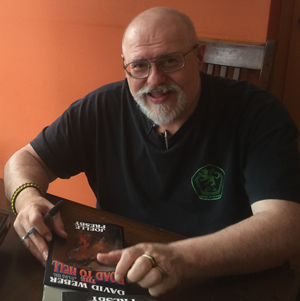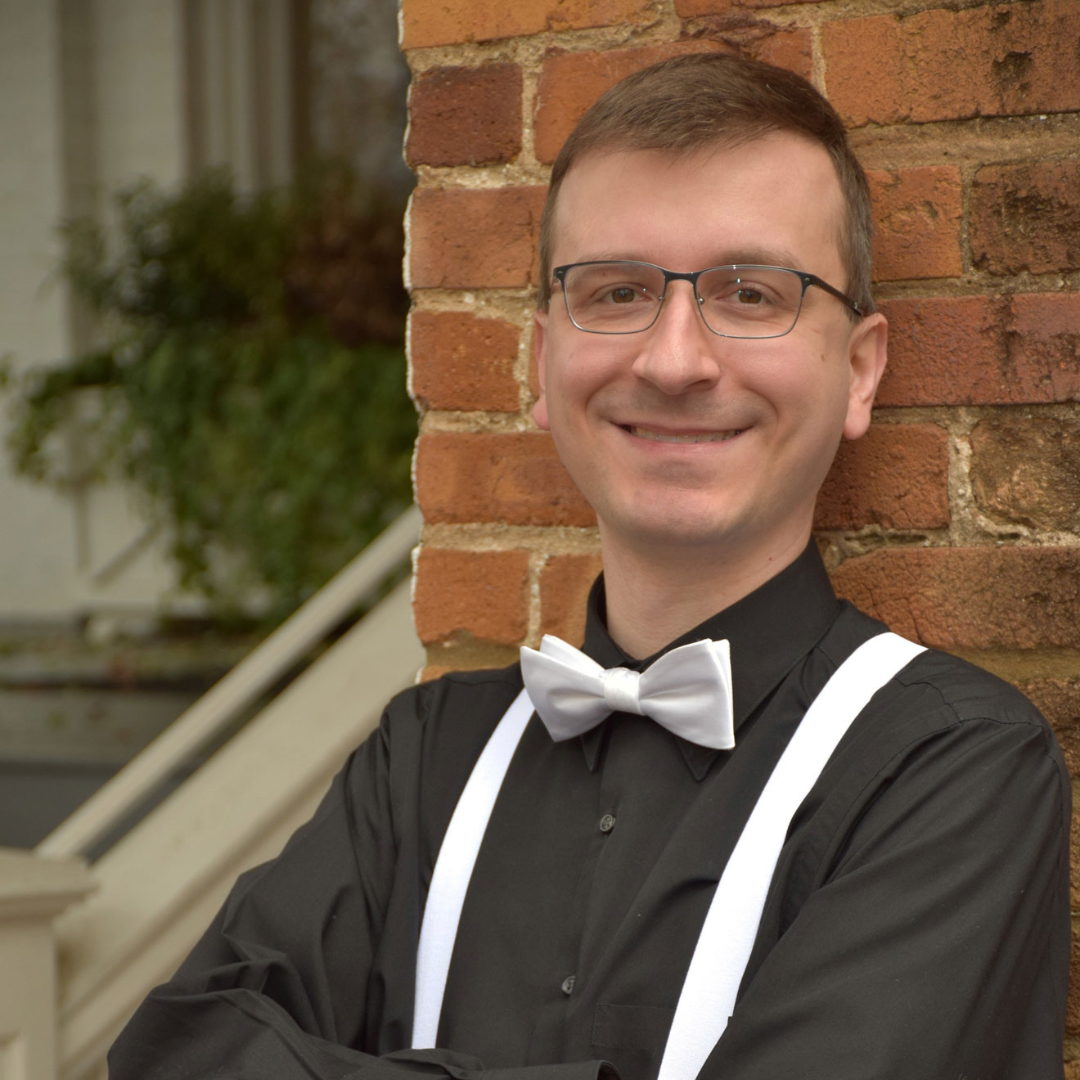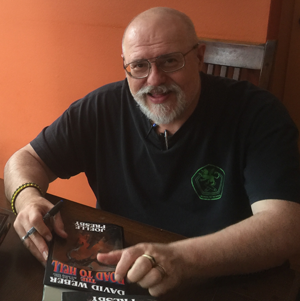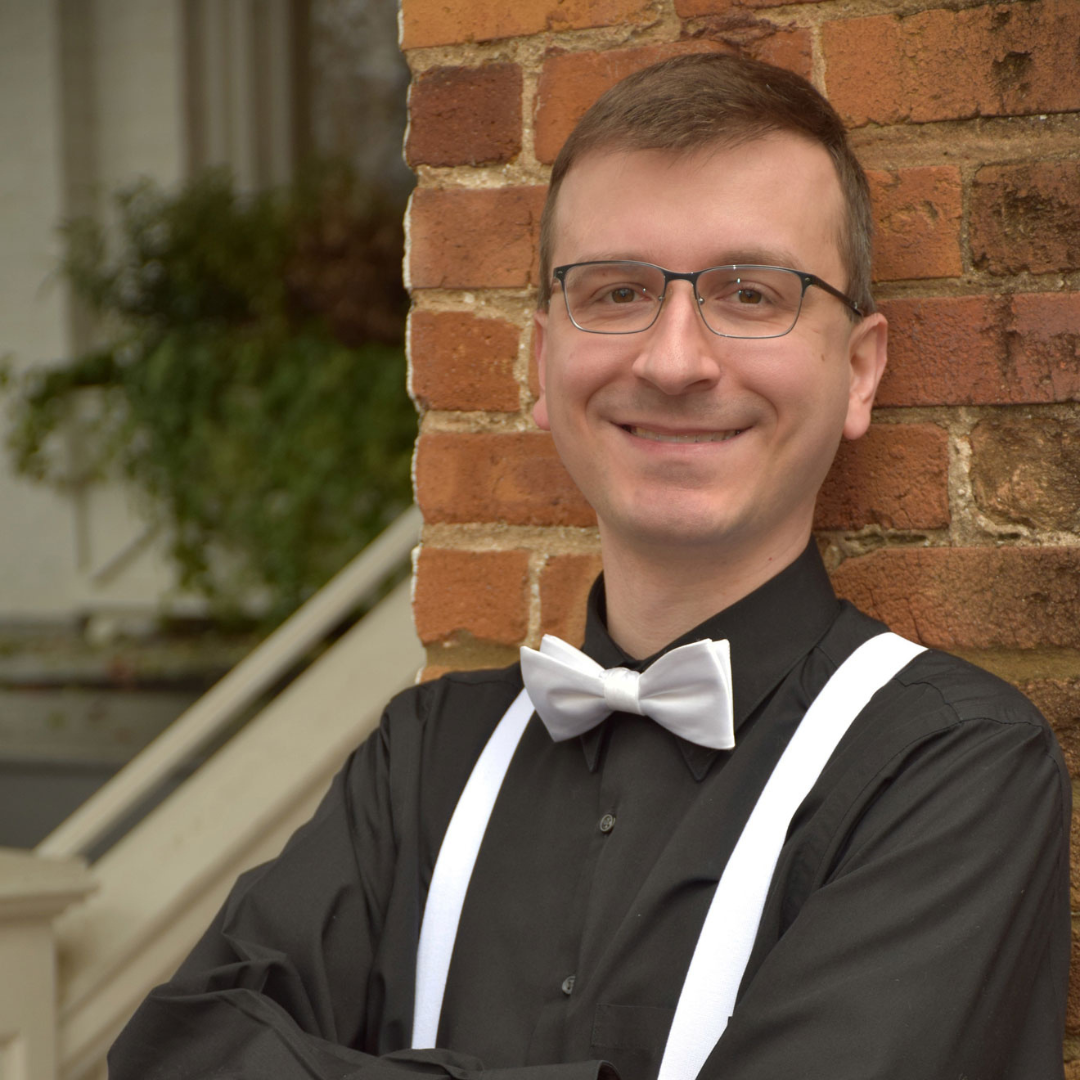




Book Two in the Gordian Division series. Published by Baen Books.
About this premium SIGNED MASS MARKET PAPERBACK:
Signed by both David Weber and Jacob Holo. Contact us at holowriting (at) holowriting.com for personalization requests.
Prefer a different format? Click here.
UNTANGLE THE PAST TO SAVE THE FUTURE. A NEW NOVEL IN THE WORLD OF THE BEST-SELLING THE GORDIAN PROTOCOL
TIME IS RUNNING OUT
Agent Raibert Kaminski and the crew of the Transtemporal Vehicle Kleio have made a shocking discovery out in the unknown reaches of the multiverse. They've stumbled across a temporal implosion that has claimed two whole universes, and neither Raibert nor his crew can figure out what caused this calamity other than it had something to do with reckless time travel.
The Kleio speeds back to their home universe of SysGov with this dire report, but an audacious plan is put into effect before they arrive. Old colleagues of Raibert's from the Antiquities Rescue Trust, together with a version of Samuel Pepys transplanted from the 17th century into the 30th, have proposed an expedition into the past. Their goal? To branch the timeline by preventing the Plague of Justinian, one of the worst pandemics in human history.
Meanwhile, SysGov's multiverse neighbor, the xenophobic Admin, is stirring. While their ambassadors put on a friendly show, the Admin is amassing a fleet of advanced, heavily armed time machines with SysGov firmly in the crosshairs.
Time is running out for Raibert and his team. But the crew of the Kleio won't go down without a fight, no matter where—or when—the threat to their home comes from.
⭐⭐⭐⭐⭐
About The Gordian Protocol (Book 1):
“[A] fun and thrilling standalone from Weber and Holo. . . . Time travel enthusiasts will enjoy the moral dilemmas, nonstop action, and crisp writing.”—Publishers Weekly
This product is a premium mass market paperback novel.
Prefer a different format? Click here.

Enjoy a sample from THE VALKYRIE PROTOCOL
SysGov, 2980 CE
It was a small chapel.
It was also warm, despite the snow the ice-fanged wind drove against the ancient rose window above its altar. It had been lovingly maintained for over fifteen hundred years, and it had been provided with proper heating and air conditioning six centuries before this cold and snowy night. Despite that, the sense of its age filled the participants’ nostrils with a subliminal scent of dust, of leather bindings and printer’s ink. Not because there was any
dust, but because there ought to have been. Because that many endless years were a palpable presence, peopled by all the other human beings who had passed through this chapel.
A lot of those people had been named Schröder.
The schloss’s current owner was not named Schröder, but the title of Gräfin von Schröder had passed to her through a matrilineal cadet line when the last Schröder to hold it died without issue in 2653. The direct Schröder line had ceased to exist, but the current gräfin had been only too willing to offer the chapel’s use tonight.
Klaus-Wilhelm von Schröder stood just outside the sanctuary’s rail.
He looked a bit odd in the chapel’s setting, and not simply because it had been built so many centuries before. He was clad in the formal “white tie” of a thousand years in the past, which was enormously anachronistic in itself, but it seemed even more so in his case because no one in the thirtieth century had ever seen him in it. His normal—invariable, actually—attire was a perfectly tailored uniform in what had once been called feldgrau,
with the golden eye and bared-sword shoulder patch of SysPol’s Gordian Division and a vice-commissioner’s insignia.
Seeing him in anything else was a bit like catching God in his bathrobe, Benjamin Schröder thought. On the other hand, he admitted, that . . . patriarchal simile might have occurred to
him because Klaus-Wilhelm von Schröder also happened to be his grandfather.
And the other reason it’s occurring to you is because you’re both a hell of a long way from home and you’re just a teeny tiny bit nervous, he thought. Which is stupid, under the circumstances.
Thanks to his neural implants, Benjamin could check the time—again—without anyone else’s knowledge. That meant he could at least avoid looking like the proverbial nervous groom.
You and Elzbietá have been living together for months, and nobody in the entire universe—hell, in the entire multiverse—gives a damn, he reminded himself. In fact, the only people this wedding really matters to are the two of you. Well, and to Granddad, too, I suppose. He has dropped that “living in sin” thing on you more than once. Surprising how straitlaced he can be sometimes, even after all this time. But it’s not like he drew a gun on you to get here! And worrying about it now that you are here is—well, it’s a perfect illustration of why no one who really knows you ever said you weren’t capable of being stupid. It’s not like being dissolved into goo by weaponized nanotech, after all!
He knew it wasn’t, because he’d tried that, too. Being dissolved into goo. Or at least one iteration of him had, and that other iteration’s entire memory—including the highly unpleasant one of how he had died—lived in the same brain, side by side with the remembered lifetime of the version of him that hadn’t been dissolved.
It was . . . complicated.
He snorted softly at the thought, and the tall, broad-shouldered, blond-haired man at his shoulder glanced at him with a raised eyebrow.
“Nothing, Raibert,” Benjamin reassured him. “Just a thought.”
“So you are capable of rational thought at the moment, Doc?” Raibert Kaminski, who did wear Gordian Division’s uniform, grinned. “Thank God! After dragging your butt here this morning, I’d started to wonder.”
“I’m not that bad.”
“On the contrary,” Klaus-Wilhelm said. “You’re worse than that, Benjamin.”
“I am not!”
“Ah? Then you remembered the ring?”
“That’s Raibert’s job. He’s the best man around here. Well, best synthoid, anyway.”
“That is so twentieth-century bio-based prejudice,” Raibert observed. “Just because you and Elzbietá refuse to give up your meat suits is no reason for you to be casting aspersions upon my own superbly engineered self.”
Benjamin made a rude sound, and his grandfather chuckled. Neither of them had ever met Raibert before his biological mind had been electronically stripped and his biological body had been rendered down for fertilizer, or whatever else the System Cooperative Administration’s reclamation systems had done with it. His current body had been hijacked from the Admin’s Department of Incarceration in Klaus-Wilhelm’s original universe after Csaba Shigeki, Director-General of the Department of Temporal Investigation, had decreed Raibert’s biological destruction. And after his connectome’s removal, the electronic recording of his personality and memories had been sentenced to life imprisonment in a virtual prison.
To be fair to Shigeki, which none of the men in that chapel were prepared to be unless they had to, he had been fighting to prevent Raibert from destroying his entire universe. A reasonable person might concede that had given him at least some justification. And he’d actually shown leniency, in many ways. The Admin’s laws about AIs and nanotech were draconian. Its entire government had come into existence in reaction to a grisly “accident” in which a rogue AI had left literally billions dead, and its law code was designed to prevent anything like that from ever happening again. In pursuit of that object, it was ruthless with violators, and Raibert, from an entirely different universe, had been in violation of dozens of its laws. That meant he could have been sentenced to a one-way domain—a virtual prison where prisoners became effectively immortal but there were no wardens, no guards. Nothing to protect the inmates from the most horrific atrocities their fellow inmates could visit upon them. It was, in fact, a place which was—literally—worse than death. Not that a prisoner couldn’t “die” there. They could, over and over and over again.
Of course, Raibert wasn’t exactly prepared to give Shigeki the benefit of any doubts. Nor had he known that the director was being merciful—by his own lights, at least. All he’d known was that both his and the Admin’s universe were going to die if someone didn’t fix it and that Shigeki was determined that no one would. And, of course, that he’d been subjected to the ultimate violation when his connectome was forcibly stripped in a process that automatically destroyed his biological mind forever. Nor had he known that there were worse prisons to which he might have been sent. The one he’d been in was quite bad enough, as far as he was concerned, and he’d expected to stay in it for the rest of his life . . . until his integrated companion, Philosophus, had rampaged through the Admin’s infostructure to break him out. In the process, Philo—who, unlike Raibert, had been “born” as an electronic being—had uploaded him to one of the Admin Peacekeepers’ synthoids. As a consequence, Raibert came equipped with quite a few military-style upgrades, and he’d decided to keep his present body once he’d managed to fight his way home to his own universe once more.
Of course, he’d added a few additional upgrades to it, too. For one thing, the ridiculous firewalls the Admin—better known as “the fucking Admin” if Raibert was talking—insisted upon as part of its paranoia about artificial intelligences in general had been deleted when his software was updated to link with the Consolidated System Government’s infonets. In the process, Raibert and Philo had made damned sure no Admin backdoors had been left behind.
“Look, I know you two are enjoying the chance to give me a hard time,” Benjamin said now, “but, really. Where the hell is Elzbietá?”
“If the two of you had been willing to settle for a virtual wedding, like any sane, civilized beings, that wouldn’t be an issue,” Raibert pointed out. “But, no! Not you two! Had to be ‘in the flesh,’ didn’t it? You could’ve been married in Notre Dame, or St. Peter’s Basilica. Hell, you could have been married in the Hagia Sophia—the original Hagia Sophia—if you hadn’t insisted on this brick-and-mortar anachronism!”
“And if we were both connectomes we would’ve done just that,” Benjamin shot back. “But in case you noticed, we aren’t.”
“Yeah, yeah, yeah.” Raibert grimaced, but he let it drop, as well. Probably, Benjamin thought, because he knew as well as Benjamin did that the real reason Benjamin and Elzbietá had chosen this venue was to honor Klaus-Wilhelm. God only knew how many Schröders had been married in this chapel over the endless, dusty years, but Klaus-Wilhelm was among them. He and his first wife had been married on this very stone floor.
Well, Benjamin reminded himself, not on this stone floor, actually.
The chapel in which Klaus-Wilhelm had been married no longer existed. For that matter, his entire universe no longer existed. He and Elzbietá Abramowski were, in fact, survivors of that dead universe, and Benjamin—or the version of him that had died there—had helped to murder it.
There’d been no choice. That iteration of the Admin’s universe should never have existed. It had been created out of the chaos of the “Gordian Knot” which had twisted sixteen universes together into a lethal cluster—a seething mass of temporal energy which would have destroyed them all, if it had not been undone. And so they had unknotted them, and the price had been Klaus-Wilhelm and Elzbietá’s own universe.
And the life of the Benjamin Schröder who had been born of it. Fifteen out of the sixteen universes entangled in the Knot survived because of that terrible sacrifice. A ninety-four percent survival rate was pretty damned good, Benjamin told himself again. He told himself that a lot, when the ghosts of that vanished universe invaded his dreams. And it was true. He knew it was true, but somehow that didn’t help on the bad nights.
What helped on those nights was Elzbietá.
Speaking of whom—
“I’m going to comm her,” he announced. “I’m starting to get genuinely worried. She’s the most compulsively—I’d almost say psychotically, except that she’d find out I had and hurt me—punctual person I know. It’s not like her to be running late, especially on a day like this.”
“Don’t you dare,” Raibert said, poking him in the chest with a large and very strong finger. Benjamin Schröder was a tall, broad-shouldered man himself, almost as tall and broad-shouldered as his grandfather, but that poke was enough to put him back on his heels. He rubbed his chest, glaring at Raibert, and the synthoid shook his head. “Doc, I know you’re a really smart guy. So I’m wondering why it hasn’t occurred to you that Elzbietá wouldn’t be running late by accident? Or, rather, that she would have already commed you if things weren’t going according to plan?”
“Plan?” Benjamin eyed Raibert narrowly. “Plan? Nobody told me about any ‘plan’ except coming here, getting married, leaving on our honeymoon. You know, what all of us have been talking about for, like, weeks?”
“And this is one of your best analysts, sir.” Raibert looked at Klaus-Wilhelm and shook his head sadly.
“To be fair,” Klaus-Wilhelm replied, “Benjamin is one of my best researchers. Calling him an ‘analyst’ is a bit of a stretch. He lacks a certain something for that role. A certain . . . skepticism, perhaps.”
“Are you sure that’s the best word for it?” Raibert asked. “‘Skepticism,’ I mean.”
“You had another one in mind?”
“As a matter of fact, I was thinking paranoia might be a better way to put it. Although, if pressed, I’d have to admit that ‘devious’ would run a close second.”
“Fair, fair.” Klaus-Wilhelm nodded with a magisterial air. “Be that as it may, however, you are sadly correct that Benjamin never saw it coming.”
“Saw what coming?” Benjamin demanded, looking back and forth between them.
“Saw this coming!” a hulking, red-haired Viking—who looked utterly bizarre and yet inevitable in a twenty-third century tuxedo and a horned helmet—crowed exultantly as he materialized out of the chapel’s thin air. Or, more precisely, out of the all-pervasive SysGov infonet and into everyone’s shared virtual vision. His helmet did indeed have horns on it, in a nod to inaccurate renditions of Vikings, but those horns protruded out of the headgear of a twenty-first-century fighter pilot. His flowing red beard, braided into a neat fork for the occasion, spread over the frilled lace of his shirtfront, and impossibly white teeth flashed in an improbably wide smile as he beamed at Benjamin.
Benjamin glared at him, but Philosophus only smiled even more broadly, bowed like a helmeted maître d’, and waved one hand expressively at the chapel doors.
Benjamin turned to follow the gesture automatically, and froze as the doors swept open and revealed Elzbietá Abramowski, standing upon the threshold.
She wore a stunning wedding gown, and a beam of light from no visible source appeared as Philosophus’ avatar snapped its fingers. The incredible gown’s gemmed bodice and intricate embroidery flashed like fire when the light touched it, and its long cathedral train floated behind her, suspended by a pair of counter-grav remotes. A jeweled tiara crowned her dark, lustrous hair, its precious stones blazing with hearts of fire, and her gray eyes glowed more brilliantly still as they found him, standing with Raibert at the sanctuary’s rail.
Her beauty took him by the throat. That wasn’t the wedding gown she’d told him she’d picked, and it took him a moment to realize what it was, where he’d seen it before. It was identical to the one Yulia Obolenskaya von Schröder, Gräfin von Schröder, Klaus-Wilhelm’s second bride, had worn in the Cathedral of the Dormition of Theotokos in Kiev when she had been given away by Kaiser Louis Ferdinand himself.
His throat tightened as the sight of her ran through him, but from the corner of his eye he saw his grandfather’s expression soften, saw the raw memory—the man—behind those icy gray eyes, and in that instant he realized that gown wasn’t identical to the one Yulia had worn in the portrait hung in another Schloss von Schröder, long, long ago.
It was Yulia’s.
His own eyes burned as that sank home. The Benjamin Schröder of SysGov’s universe had never known his grandfather’s second wife, but the Benjamin Schröder of the Admin’s universe had known—and deeply loved—Yulia von Schröder, just as he’d loved his aunts, his father’s half-sisters. He’d loved her all his life, and he’d been a pallbearer at her funeral and fought back tears, fought to keep his voice level, as he delivered his own eulogy on the life of the most remarkable woman he had ever known.
And in that other universe, Klaus-Wilhelm’s and Elzbietá’s universe, that other Benjamin Schröder had watched his grandmother die forty years before his own birth, as her husband held her seared and shattered body in his arms. Saw her die where she had stood her ground, fighting to her last breath to save her daughters . . . and failing.
Both of those memories were his. Both of those Benjamins were him, and so he knew exactly who his grandfather was seeing once again, because he was seeing her once again. Seeing her in another woman, just as remarkable as his grandmother, who looked back at him with her heart in her eyes.
He started to open his mouth . . . and then froze again, eyes wider still, as she reached out her left hand. Yet another tall, dark-haired man stepped into sight beside her, took that hand and tucked it into his elbow, and they stepped across the threshold into the Schloss von Schröder chapel together.
“David!” Benjamin gasped, and felt a hand squeeze his shoulder as David Schröder-O’Shane escorted Elzbietá through those doors. Benjamin started to say something else—he had no idea what—but then he stopped. Steven O’Shane-Schröder, his brother’s husband, came through the doors at their heels. . . with Joséphine Schröder on his arm.
He stared at them, at every living member of his family, for a handful of heartbeats, and then his head turned automatically, and Raibert Kaminski smiled at him.
For once, there was no trace of the sardonic, often biting humor which had become so much a part of Raibert after his biological body’s death. There was only warmth and a gentle mischievousness.
“Your grandfather got specific authorization from Chief Lamont before he gave Philo and me clearance to set this up,” the big synthoid said softly, as Elzbietá walked down the aisle
on David’s arm. “Guess he didn’t want to just presume it would be okay when we suggested it. But under the circumstances—the chief said something about making an exception for someone who turned himself into goo to save the universe—SysPol signed off on the trip as a once-off wedding gift. So the Boss had Fritz Laynton and the Aion nip back to the 1960s and then cross over into the Admin to pick up the gown. That way he avoided causing all kinds of alarms by crossing in the True Present and getting detected and tracked on his way into the past.”
Raibert’s eyes gleamed as he considered the chaos that would have created. No one—not even he—wanted to add any more tension to SysGov’s relations with the Admin. That was a given. But in his own personal notebook, anything that gave the Admin headaches was worthwhile on general principles. But then he sighed and put away the blissful vision.
“Of course, that meant Fritz got the easy part. I got to talk to your brother and your mom!” He shook his head wryly. “Wasn’t easy convincing the three of them I wasn’t insane. Seems to run in your family.” Even in his shock, Benjamin twitched a smile of his own, remembering his own first meeting with Raibert. “But I know how much your family means to you. And you must mean a lot to them, too, because all three of them agreed to accept neural inhibitions that will prevent them from ever discussing time travel or anything related to it with anyone except each other and you.”
A tear trickled down Benjamin’s cheek as Elzbietá and David reached him. He stared at his younger brother, unable to speak, then threw his arms wide. David’s arms were tight around him, and then Joséphine was there, worming her way into her sons’ embrace. Benjamin hugged both of them fiercely, kissed his mother’s cheek hard, and then freed his right hand, reaching past his brother, to grip his brother-in-law’s hand firmly.
“Never told us you saved the universe, bro.” David’s voice was rough-edged in Benjamin’s ear, and his hug grew even tighter for a moment. “Never told us a lot of things, I guess.” He stood back, hands on his brother’s shoulders, and Schröder gray eyes met eyes of Schröder gray. “I am so proud to be your brother,” he said through tears of his own. “And so proud and so damned glad to have met my future sister-in-law. And Granddad.” He looked past Benjamin to Klaus-Wilhelm, whose own eyes were suspiciously bright. “You did the family proud, Benjamin. God, you did us all so proud!”
“It wasn’t really—” Benjamin began, but David shook him.
“Hush, Benjamin,” Joséphine Schröder commanded. She reached up to lay one hand gently on his cheek and smiled at him through a patina of tears. “Don’t interrupt your brother when he’s doing so well.”
“But it wasn’t really me,” Benjamin protested stubbornly. “I mean—”
“Yes it was, Ben,” David said fiercely. “Yes it was. I can’t imagine a universe in which my big brother wouldn’t have done exactly what both of you did.”
Benjamin looked back at him, and then nodded slowly. Not in agreement, but in acceptance. He stepped back and looked at Elzbietá, then took both her hands in his, leaned forward, and kissed her with infinite gentleness.
“They didn’t tell me, either,” she said through tears of her own. “About the wedding gown, yes, but not the rest of it. Didn’t tell me a word. I guess”—she smiled—“they figure I’m a better fighter pilot than an actress.”
“Got us both, I guess.” Benjamin smiled, and the two of them turned to face Klaus-Wilhelm.
“I suppose that in some ways this is a shameless abuse of position,” his grandfather said. “But I will never regret it. We in this chapel, we know better than anyone else in the entire multiverse what it cost us to be here. And here, in the chapel built by our ancestors, I tell you all that I have never been prouder of our family—and of those who have become our family—than I am at this instant. Joséphine, I never knew you in my universe, and I thank God for, in His infinite mercy, giving me the privilege to know the mother who could have raised Benjamin to be the man he is in this one. And I am even prouder to be your grandfather, Benjamin and David, and to become your grandfather-in-law, Elzbietá and Steven. And to have been granted the honor of conducting this marriage ceremony. I thank you all, from the bottom of my heart, for being who you are and allowing me to be a part of all your lives. Perhaps Elzbietá and I have lost our own universe, yet here—in this chapel—we stand with the people, the family, who have become the center of this new universe we all call home.”
Silence filled the ancient chapel for a long, still minute, while the snowy wind sang about its eaves, and then Klaus-Wilhelm von Schröder, Graf von Schröder, cleared his throat.
“Dearly beloved,” he began, looking at his grandsons and his granddaughter-to-be, “we are gathered together here in the sight of God, and in the face of this company—”





